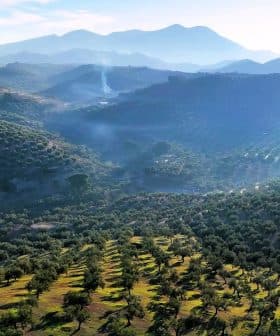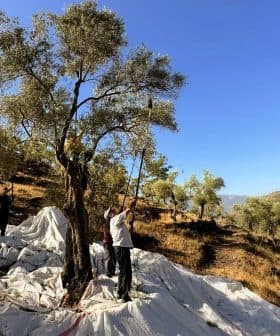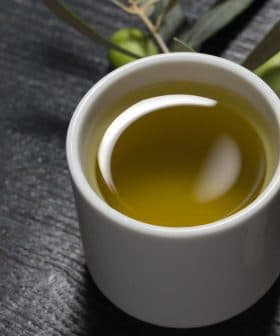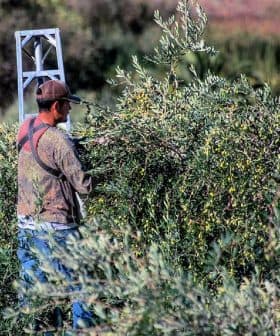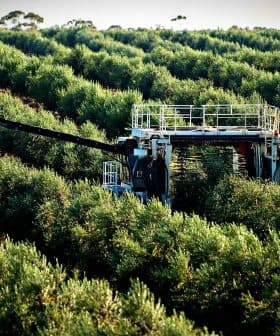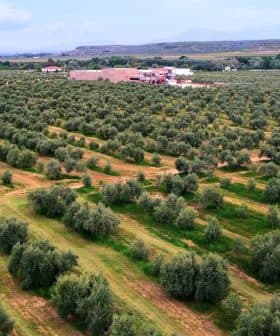Climate and Covid Worry Farmers Preparing for Harvest
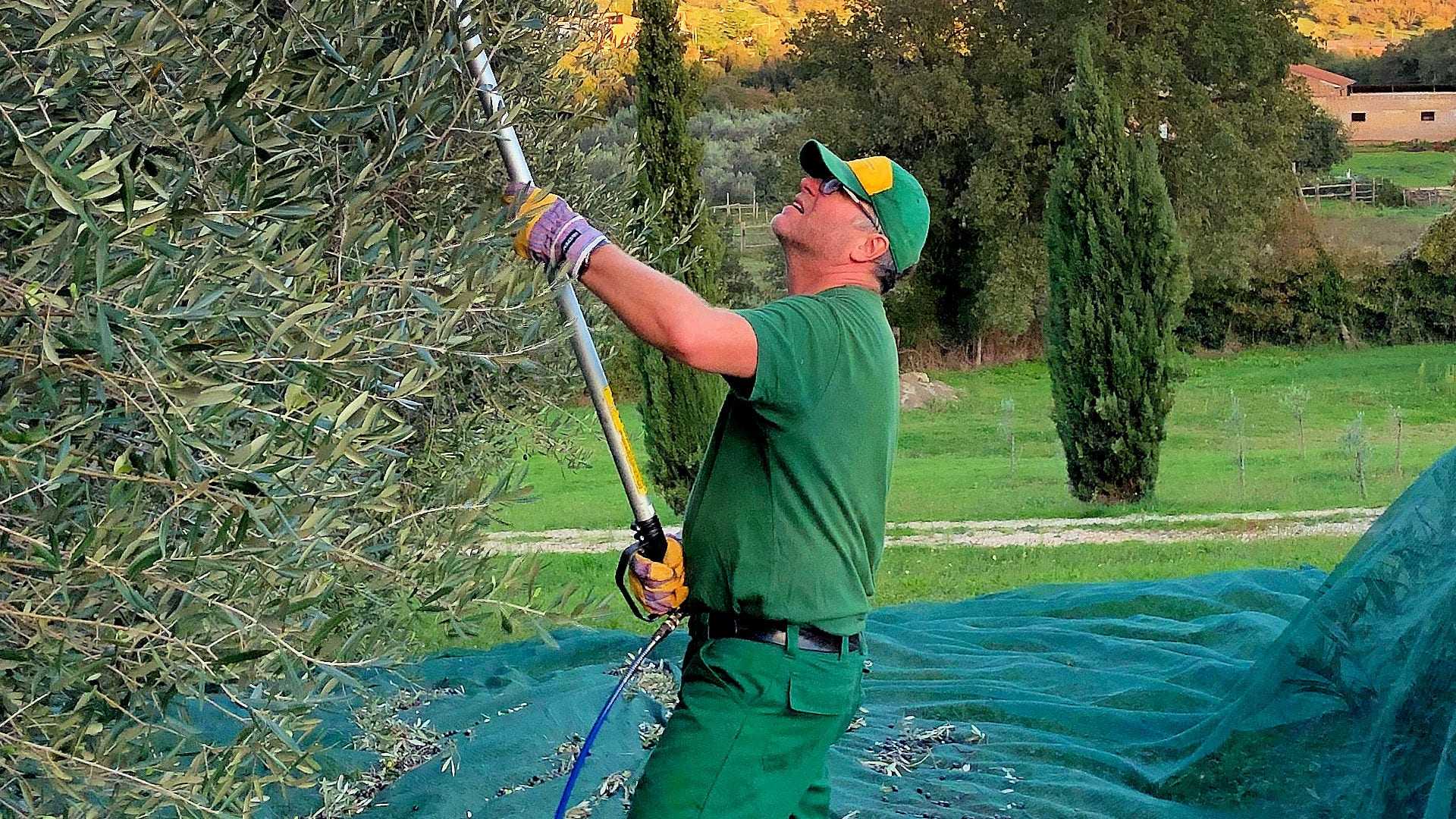
The 2020 olive harvest in the Northern Hemisphere is facing challenges due to the Covid-19 pandemic, labor shortages, market prices, and extreme weather events. Producers are concerned about the long-term effects of the crisis on their businesses, but remain optimistic about overcoming the challenges and finding profitability in the industry. The article highlights the struggles faced by olive oil producers worldwide, with weather and climate conditions being a major concern.
It is an industry known for its hardships. But even the resilient olive tree and the stalwart farmers used to the ever-changing circumstances of nature are bending under the stresses of the 2020 harvest now underway in the Northern Hemisphere.
Responses to an Olive Oil Times survey this week revealed a season of uncertainties in the face of natural and market forces at odds with the illusory simplicity of growing fruit and extracting its oil to make a living.
As the world enters its third season wrestling with a pandemic that has claimed nearly one million lives and upended countless businesses, olive oil’s place as a vital food provides producers some shelter from the shifting priorities in the new reality.
Still, there are plenty of worries to go around and farmers said they are faced with the ripple effects of the crisis on several fronts.
Half of the producers surveyed said the Covid-19 will have a negative impact on this year’s harvest and 25 percent of respondents expect a shortage of laborers will limit their operations.
“We are concerned whether we can find workers for harvesting and how we can protect the health of those workers,” said Mehmet Taki, a farmer in Tunisia. “Finding young workers has always been a problem, as the new generation prefers office jobs to farming. We don’t know how we’ll be able to harvest our olives with our aging workforce in the time of corona.”
Leon Narbey, a producer in New Zealand whose harvest occurred earlier this year, said, “I picked alone and processed alone because of Covid lockdown as no one else could come and help me.”
And many fear the impact of the crisis on their livelihoods won’t subside with the case counts. Seventy-three percent of farmers surveyed said they are “somewhat concerned” to “extremely concerned” about the long-term effects the coronavirus will have on their businesses.
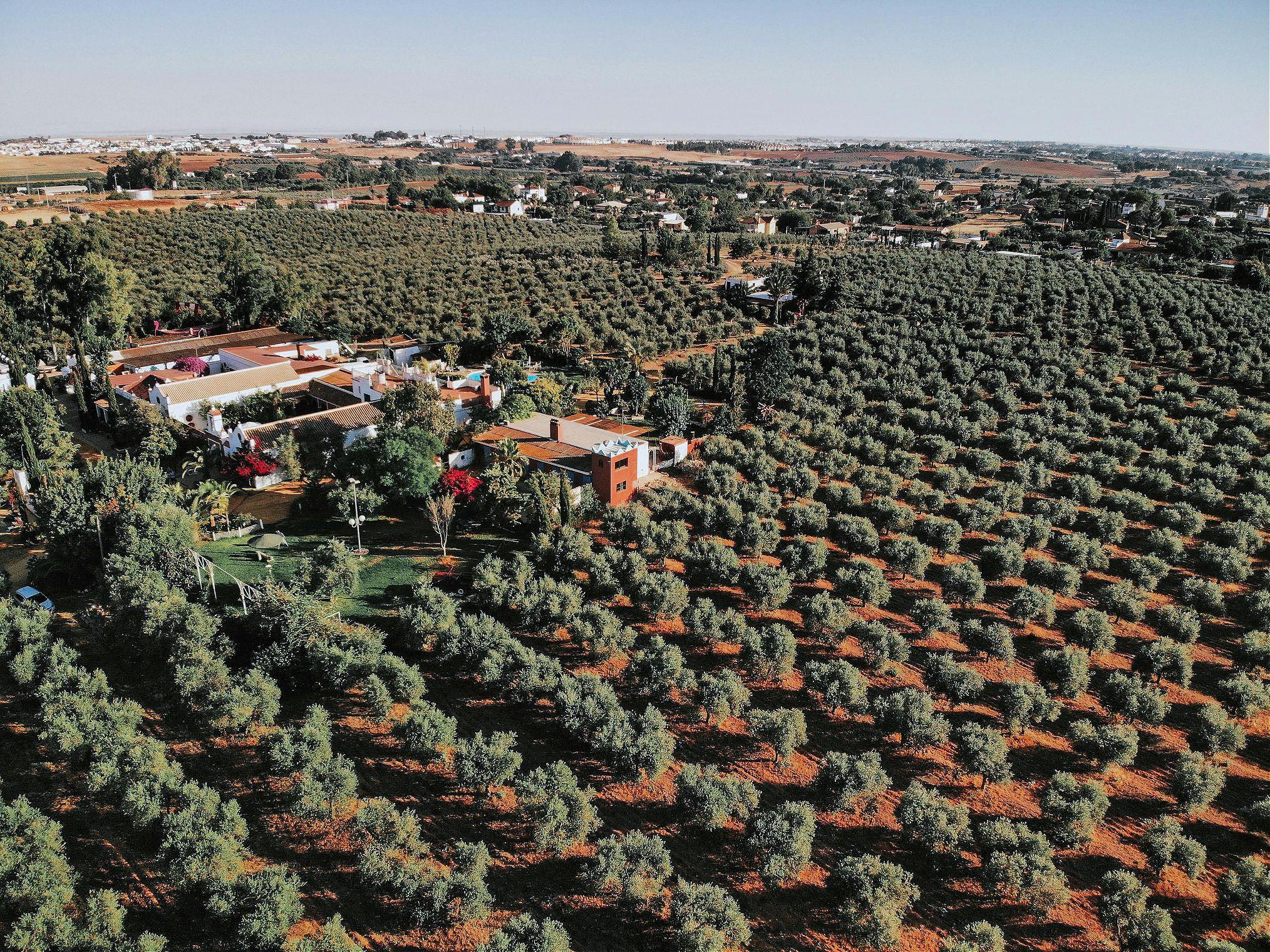
Diego Vergara, Spain
“I’m confident that we are going to come out of this tragedy that we’re in. In 2020 being an olive grower in the Napa Valley I have seen so many challenges this year,” said Jamie Anzalone, a California producer.
While many farmers who increasingly rely on agritourism, there were some who said they managed to capitalize on the worldwide surge in e‑commerce activity. “We organic olive oil producers are having a good year in sales because we were investing always in internet marketing so Covid brings us many more new clients and people are learning about olive oil and organic food more than ever,” said a Dalmatian producer, Bogdan Pensa.
One-third of respondents to the survey identified sagging market prices among their top concerns, while 11 percent blamed the recently imposed tariffs on Spanish olive oils for adding insult to injury.
“The Covid-19 pandemic has been devastating to our business, but the tariffs imposed by the US have caused permanent damage due to lost revenue,” said John Cancilla, a Spanish olive oil producer. “One would hope that our leaders would use their power more responsibly.”
Uğur Özen, a farmer in Turkey agreed. “It seems even sunflower oil prices are going to catch olive oil prices,” he said. “I don’t think farmers and producers can stand these low prices too long”
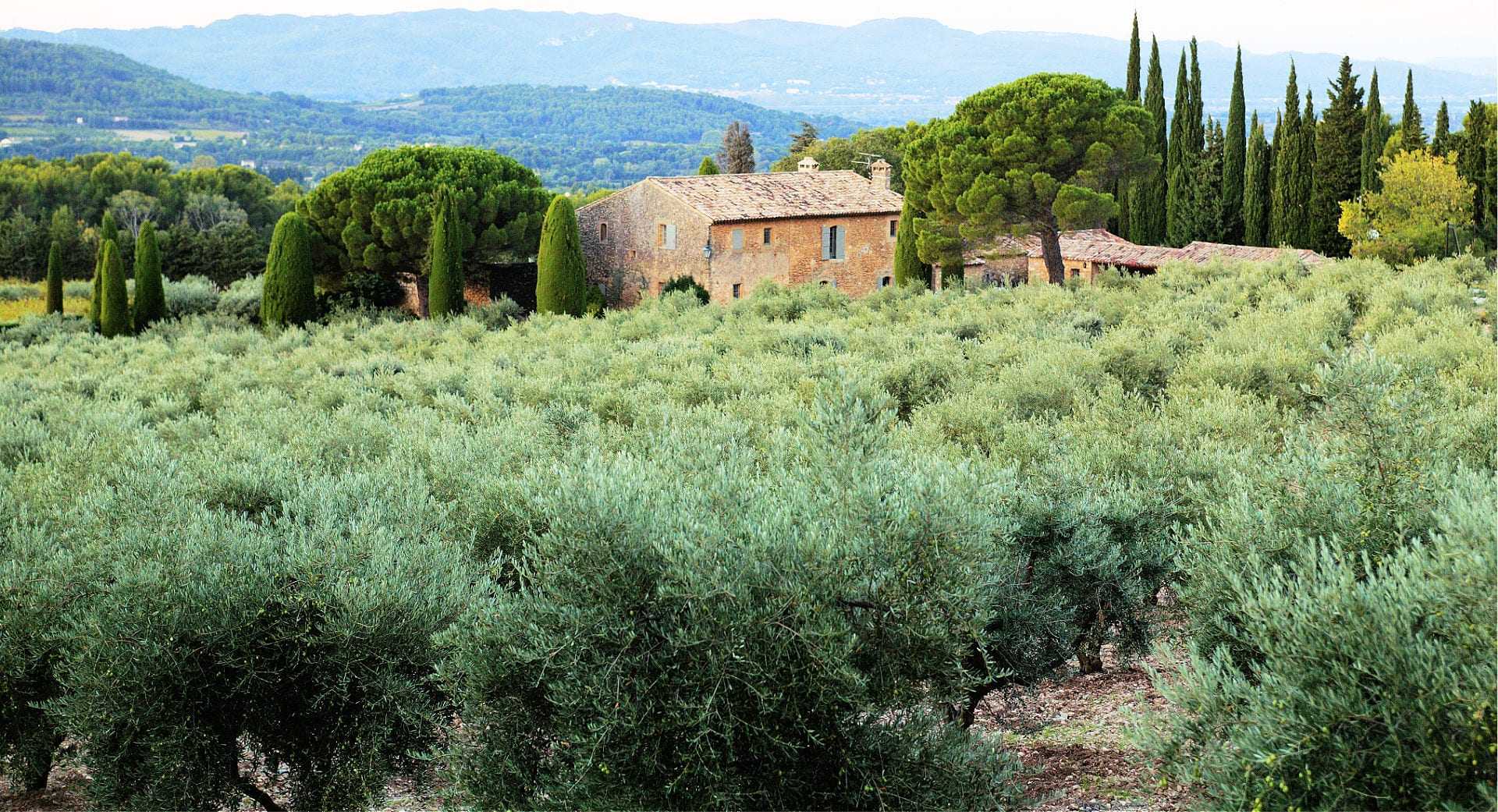
Louisa Sherman, France
As historic wildfires raged across the American West and the politicization of climate change returns to center stage, global warming remains a bane of olive oil producers around the world who see its effects through their farmhouse windows and in their groves. Unsurprisingly, weather and climate topped the list of concerns in the OOT survey.
Heavy rains, hailstorms and other extreme weather events have wreaked havoc in Italy, causing severe damage to olive trees, grapevines and a number of other crops.
In Greece, Mycenaean-based olive oil producer and exporter, Ioannis Kampouris said, “the May heatwave affected the flowering of the olive trees so the volume of the olive oil produced will be on the low side.”
Producers in Jordan warned the Ministry of Agriculture that wildly fluctuating weather conditions have hit crops in the flowering period, eliminating hopes for a strong harvest.
Local olive growers said most of their oil for the last season still sits in storage facilities. The weak demand for olive oil in domestic and international markets in recent months has severely impacted farmers’ revenues and operations.
Cultivating an irrepressible tree nevertheless seems to yield a degree of optimism among farmers and producers in the midst of mounting challenges, and there’s consensus that profitability remains the elusive key.
Supply has outpaced demand and the average consumer still has no sense of the value of one of the world’s healthiest foods.
“I’m optimistic that we will come out of this but man it is freaking tough to stay afloat — I’m doing everything I can,” Anzalone said.
This is the first article in a series on the Olive Oil Times 2020 harvest survey.


